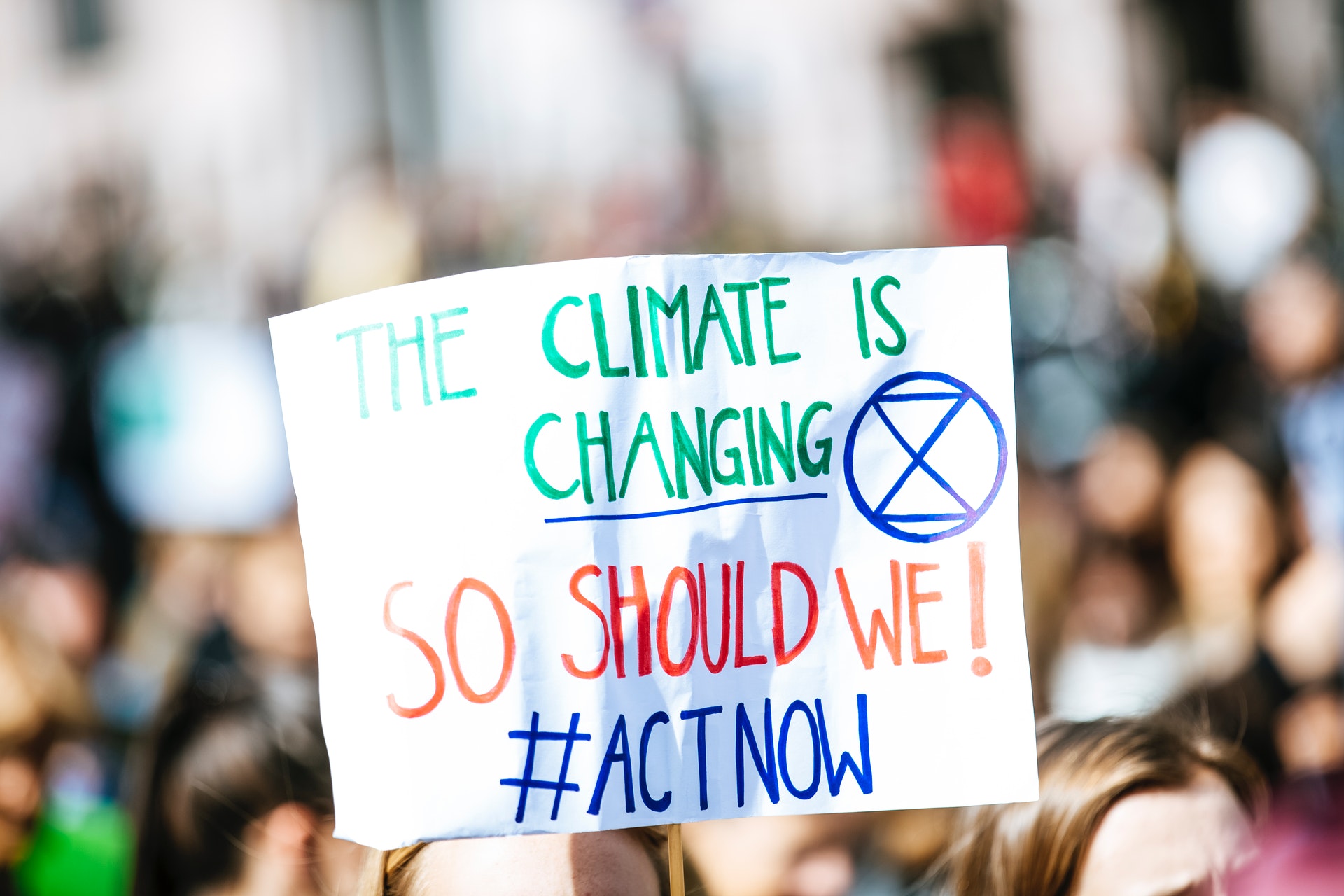This week president Biden appointed former senator, secretary of state and presidential candidate John Kerry as his climate czar, despite the Kerry family owning multiple homes, a fleet of cars and a private jet, which all use tremendous amounts of energy. Arguably, the Kerry family has a carbon footprint many times that of the average American. However, that does not stop John Kerry from lecturing average Americans about their use of energy; in fact he wasted no time informing hard-working Americans that many of them would likely lose their jobs as he transitions us to “renewable” modes of energy.
When talking about climate change, we are told by the dominant culture that the “science is settled” and no discussion is necessary. Like a lot of other things at the moment, we average Americans are told to sit down, shut up and accept what our betters tell us.
But is that the right way to approach climate change? I would suggest that there are many things to consider when discussing climate change. It is not a single subject; there are multiple questions to consider and the answers to those questions should determine what policies are put in place. Here is my list of the questions that should be considered, but which we are told not to consider.
First, is the climate changing? The answer to that question is assuredly “yes.” I think it’s safe to say the climate has been changing as long as the earth has existed. However, this begs another question: Is this change singular and unusual or is it part of a natural cycle? The answer given by climate change enthusiasts is that the change is singular and unusual, but that should not be a foregone conclusion. Is it possible to find eras of earth’s history in which temperatures were warmer than they are now, for instance. Global warming is the cause celebré of climate enthusiasts, but if temperatures were warmer at any point hundreds or thousands of years ago, doesn’t that indicate the changes in climate that we see may very well be part of a natural cycle and that at some point in the future the trend will reverse and temperatures will become cooler again?
Some point out that temperatures have been warming ever since the apex of the Little Ice Age hundreds of years ago. Certainly we would expect climate cycles to be hundreds if not thousands of years from peak to trough.
How one answers this basic question sends us in diametrically opposed directions. If climate change is singular and unusual, then climate change might indeed be concerning, but if it’s part of a natural cycle, there is likely nothing to fear, and there’s no need to be concerned. But this is only the beginning.
Let’s say we agree that the climate is changing, and the change is singular and unusual, the next question is, is this change dangerous to the point of being calamitous? Or might the change actually be beneficial in some ways? For example, if temperatures are warming, won’t that allow for longer growing season and greater food production, potentially solving world hunger? And don’t most people crave warmer climes for rest and recreation? I live in Hawaii, where, until COVID, millions of people per year spent their vacation money in a place that is warmer than most of North America for much of the year. It seems they see warmer temperatures as desirable.
A big concern of those who fear global warming is that the ice caps will melt and the oceans will rise. So we could ask if the polar ice caps are indeed melting? It appears the North Pole has lost ice, but Antarctica, at the South Pole has actually added ice. But if we allow that the ice caps could melt, it would be a problem for coastal areas. However in ages past, people rarely lived near the oceans, because they knew they were dangerous. Even in good times the ocean can be a threat to human life along the coastline. I live on one of the most remote islands in the world, Hawaii Island of the Hawaii island chain. We are surrounded by thousands of miles of ocean. At any time that ocean can become a raging killer and a tsunami can sweep us away. I live a few yards from the ocean in the tsunami zone and if a tsunami came I would need to find higher ground, so I take the threat of rising ocean levels seriously. However, can global warming proponents point to rising sea levels? In other words, has the threat materialized? On the first Earth Day in 1970, participants predicted calamity in the next 20 years, but none of those calamities came to pass. NONE.
But let us assume for the sake of argument that global warming is real threat. The next question we need to ask is “What is causing it?” Those who believe that climate change is a threat believe global warming is caused by human activity such as burning fossil fuels, etc. and just about everything that powers life in the modern world. But is that true? There is data to suggest that the global warming we see is caused by the sun: such things as sunspots, sun flares, etc. There could be other causes as well, many of which, humans cannot control. If the earth is warming due to natural factors we cannot control, we can’t afford to worry about the warming, because we can’t do anything about it.
But let us again grant for the sake of argument that human activity is exclusively the cause of global warming; there are no other “natural” factors outside of our control. Can we as human beings do enough to reverse the process? Many things have been suggested. President Biden has rejoined the Paris Climate Accords, but few people believe the measures demanded in those accords will have much, if any, impact reversing global warming or other climate change. The steps required by the accords will be extremely onerous and costly to the signatory nation’s economies (except for India and China, the worst polluters). Most people see the accords as mainly symbolic. So the question is, can we really do anything about global warming or is it all just symbolism? If the Paris Accords won’t do anything, what WOULD be required to really change the trajectory? Would we need to stop all mechanized travel, especially air travel? Would we need to stop all construction and all manufacturing? No more computers, iPhones, etc.? John Kerry told coal miners and oil workers they could go make solar panels, but there is an environmental cost to the production of solar panels also. The batteries to store the power produced require the mining of rare minerals that is very detrimental to the environment. So if we are honest, could we allow that to continue? To really end global warming, would we need to end ALL of the advances of the industrial revolution and return to the way people lived 300 years ago? Some really hard-core people answer “yes” to that question.
If the concern regarding climate change is, if we do nothing, people will die, we should also ask how many people will die if we go back to the way humans lived 300 years ago? Are we willing to sacrifice the advances we have experienced in communication, transportation and medical care? If we cut back enough to alter climate change, will we also lose the advantages of modern western civilization which have led to the longest lifespans seen in thousands of years? What if we did all that and people began dying of starvation and diseases long thought extinguished and the Earth continued to warm anyway?
So I think you can see that the subject of climate change is by no means a closed subject. It is not even just a single subject. It involves multiple questions and considerations; some are scientific, but some are cultural, ethical and moral. The position of climate change believers that “the science is settled” and there is only one course of action to solve the problem is hopelessly simplistic. We could very well bankrupt our economies and bring about a dystopian future without affecting any real difference in climate change at all.
So we would do well to answer these questions without considering politics and emotional commitments, not to mention we ought to examine the hypocrisy of wealthy technocrats like John Kerry telling average Americans how they must live, while they jet-set about on private jets. Will they do away with air travel for us, reserving it only for the wealthy elites, because WE must sacrifice to combat climate change, but THEY must be exempt because they are so important?







